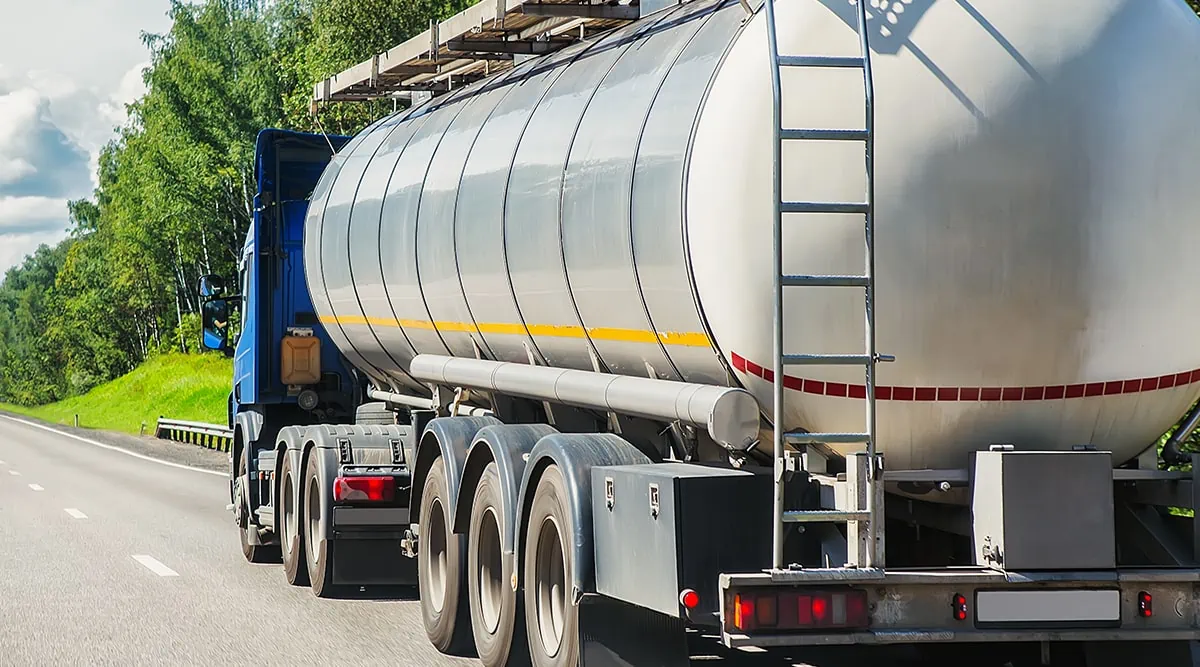Reclaim Waste - The Facts
Reclaim Waste - The Facts
Blog Article
The Only Guide to Reclaim Waste
Table of ContentsReclaim Waste Things To Know Before You BuySome Ideas on Reclaim Waste You Need To KnowNot known Details About Reclaim Waste Reclaim Waste - An OverviewReclaim Waste Things To Know Before You Buy
Discover the kinds, events, and kinds of liquid waste. Domestic sewage waste refers to the waste and products from a residential septic container. This kind of waste is produced by humans in residences, institutions, and various other buildings. This only includes septic systems that have a drainpipe field. The correct administration and disposal of residential sewage waste require liquid waste to be moved to a sewage treatment plant where the correct methods and equipment are related to cleanse and get rid of waste.
Business waste often includes prospective dangers, such as flammable products or a mix of fluid and solid waste products, and calls for an extra sophisticated and comprehensive disposal procedure. The disposal of industrial waste generally includes the filtration of waste before transportation to make certain risk-free and correct disposal. Industrial waste is developed from by-products and drainage of industrial processes and manufacturing.
This type of waste can not use the exact same sewage administration transport or procedures as septic or industrial liquids. The hazardous waste monitoring procedure requires the evaluation and testing of fluid waste before it undergoes the disposal procedure (industrial wastewater treatment). Overflow waste is the liquid waste that comes from drainage and excess stormwater in very inhabited locations or cities
Runoff waste can trigger contamination and flooding otherwise managed effectively. Find out a lot more concerning drain cleaning and waste administration. Guaranteeing correct waste administration can prevent calamities and lower ecological injury. Both individuals in property setups and experts in commercial or production markets can benefit from comprehending the procedures and regulations of liquid waste monitoring.
The Buzz on Reclaim Waste
Contact PROS Providers today to discover regarding our waste monitoring and disposal services and the correct methods to look after the fluid waste you produce.
(https://www.slideshare.net/leonaube33101)Do you know what occurs to your water when you pull the plug, purge the bathroom or drain the washing equipment? No? Well, it deserves understanding. This supposed 'wastewater' is not only an important resource but, after therapy, will certainly be released to our land, waterways or the ocean. Made use of water from commodes, showers, bathrooms, kitchen area sinks, washings and industrial procedures is referred to as wastewater.

water utilized to cool down equipment or clean plant and equipment). Stormwater, a form of wastewater, is drainage that moves from agricultural and metropolitan locations such as roofing systems, parks, gardens, roads, paths and seamless gutters right into stormwater drains, after rain. Stormwater moves neglected straight to neighborhood creeks or rivers, eventually reaching the sea.
Reclaim Waste Things To Know Before You Get This
In Queensland, a lot of wastewater is dealt with at sewage therapy plants. Wastewater is delivered from residential or industrial websites with a system of sewers and pump stations, called sewerage reticulation, to a sewer treatment plant. City governments build, preserve check it out and run most sewer therapy plants. Operators are accredited under the Environmental Management Act 1994 to release treated wastewater at an appropriate ecological standard right into rivers.
The Division of Natural Resources advises neighborhood governments concerning handling, operating and maintaining sewerage systems and therapy plants. In unsewered areas, city governments might call for householders to mount individual or home sewage treatment systems to treat residential wastewater from toilets, cooking areas, bathrooms and washings. The Division of Natural Resources authorizes using house systems when they are verified to be reliable.
In some brand-new class, treatment of some stormwater to get rid of trash, sand and crushed rock has started utilizing gross toxin catches. Wastewater treatment takes place in four stages: Gets rid of strong issue.
Wastewater after that moves right into large storage tanks where solids resolve and are removed as sludge. Grease and residue are skimmed from the surface. Utilizes little living organisms understands as micro-organisms to break down and remove staying liquified wastes and great fragments. Micro-organisms and wastes are integrated in the sludge. Removes nitrogen and phosphorus nutrients that could trigger algal blooms in our waterways and intimidate water life.
Some Known Details About Reclaim Waste
Nutrient removal is not available at all sewer treatment plants since it calls for expensive specialist equipment. Clear fluid effluent produced after therapy might still consist of disease-causing micro-organisms - industrial wastewater treatment.

The majority of wastewater flows right into the sewage system. Under the Act, neighborhood governments carry out approvals and licences for environmentally relevant tasks (Periods) involving wastewater releases that could have a local impact.
Not known Facts About Reclaim Waste
Tracking supplies factual details about water quality and can verify that permit problems are being met. The info acquired via monitoring gives the basis for making water top quality choices.
Report this page